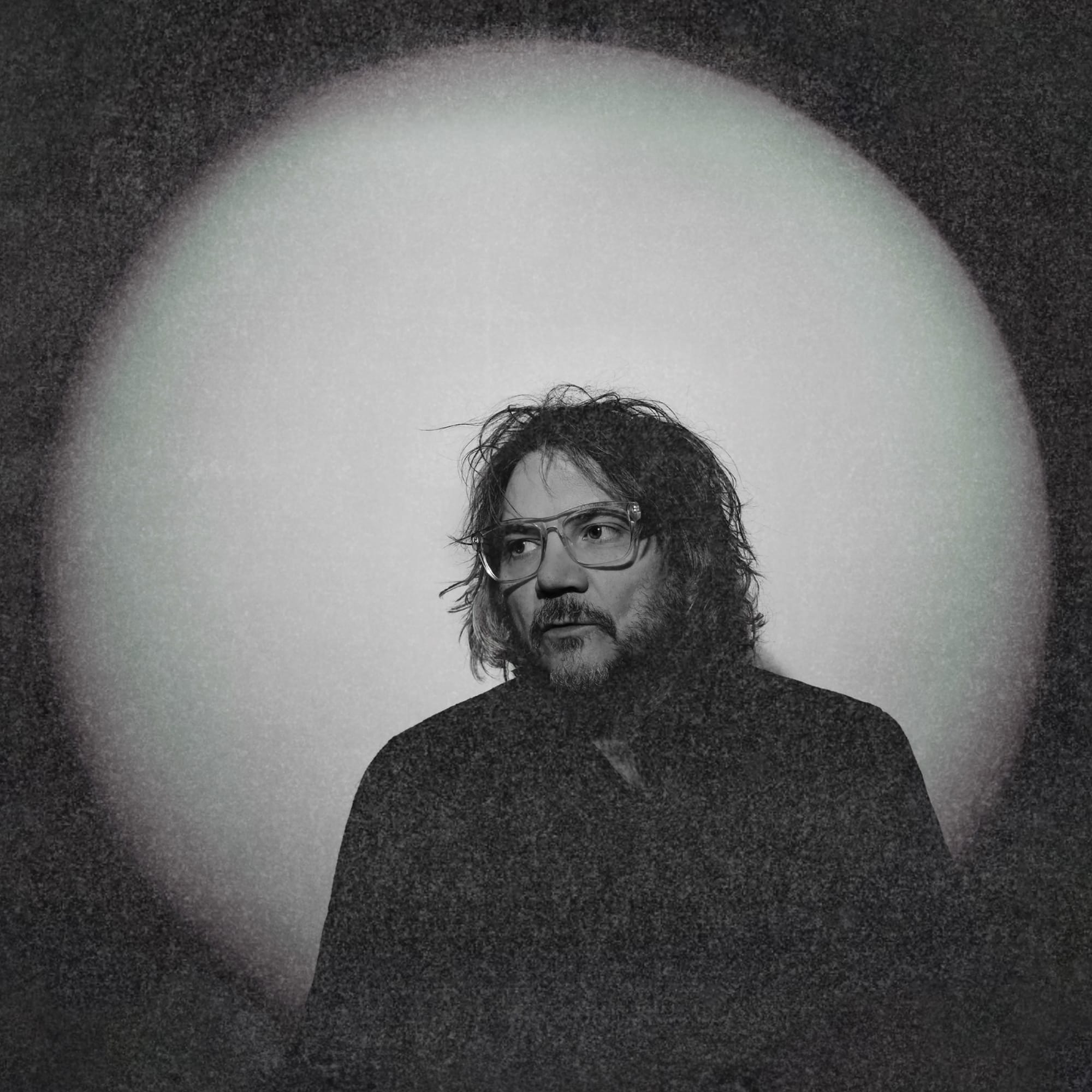Jeff Tweedy on the Lyrics That Changed His Life
One of America’s greatest living songwriters delves into his admiration for Bill Callahan, Lana Del Rey, Kim Deal, and more.

In his 2020 book How to Write One Song, Jeff Tweedy explained that the act of songwriting is all about “the joy of disappearing long enough to find something you didn’t know you had inside you.” For the Wilco leader—who delusionally considered himself to be a songwriter when he was only 7, years before he actually wrote his first song—putting lyrics to music involves workmanlike perseverance and a push toward self-preservation. “In writing songs, I have found something that overwhelmingly makes me a happier person, more able to cope with the world,” he wrote in that same book.
Over the last 35 years, Tweedy’s songwriting has evolved from twanging porch-side musings to rock’n’roll statements of purpose to surreal commentary on Americanness to singing the praises of domesticity, to name just a few iterations. But along that winding stylistic path, his tone as a writer has remained admirably consistent. A Jeff Tweedy song is weary, tugged along by a nagging belief that tomorrow could still be better than yesterday. His songs acknowledge feelings of hopelessness without wallowing in them. They can be sad or angry or sweet, and within Tweedy’s music is the implicit promise that he’ll keep going because he needs to. Writing songs is what makes him whole.
On paper, his latest solo album, Twilight Override, can seem overwhelming: 30 songs across three LPs, totaling nearly two full hours of music. But where many triple albums feel mountainous in their ambition—something to stare up at in awe—Twilight Override expands flatter and wider, like an endless prairie. This is an album that lives and breathes alongside you. Recorded with Tweedy’s two twentysomething sons, Spencer and Sammy, along with a few friends including the Chicago composer and multi-instrumentalist Macie Stewart, the record is steeped in a casual humility; some songs sound like folky fireside singalongs, moments of willful communion to combat our era of disconnection and strife.

The album sometimes plays like a tour through Tweedy’s songwriting history. “Forever Never Ends” depicts a prom night gone wildly wrong, with “vomit on the frozen grass” and flares on the side of a highway, and boasts an anthemic hook that could have fit on Wilco’s 1996 album Being There. “Caught Up in the Past” is reminiscent of the symphonic-pop poise of 1999’s Summerteeth as its hook charges forward into the unknown: “No one stands a chance/Getting caught up in the past.” Acoustic strums flicker on either side of the stereo field throughout “Stray Cats in Spain,” which finds Tweedy spinning a dreamlike tableau from memories of rockabilly riffs and the smell of pomade; it could be a lost gem from the Yankee Hotel Foxtrot sessions. There are instant classics like the self-conscious love song “Throwaway Lines” and the title track, perfect expressions that aspiring songwriters should be required to study for decades to come. And there are quiet epics, like “New Orleans” and “Feel Free,” that amble ahead with all the wisdom Tweedy has accrued during his 58 years of life so far. “Make a record with your friends/Sing a song that never ends,” he advises on the latter track, detailing a route to freedom he knows so well.
When I call up Tweedy over the summer to talk about some of the songwriters and lyrics that have made an outsized impression on him, he’s in the studio once again: His younger son, Sammy, is getting close to finishing an album, and has asked his dad to play guitar on a few songs. Sammy’s falsetto overdubs can be heard over the phone line from time to time, as Tweedy talks about what he looks for in great songwriting, the glories of losing trust in your ego, and the fascinating ways that an artist’s personal history can get tangled up in their music.
Get access to everything we do at Hearing Things—including weekly album and song recommendations along with our ever-growing archive of interviews and reports—with a free 30-day trial!






